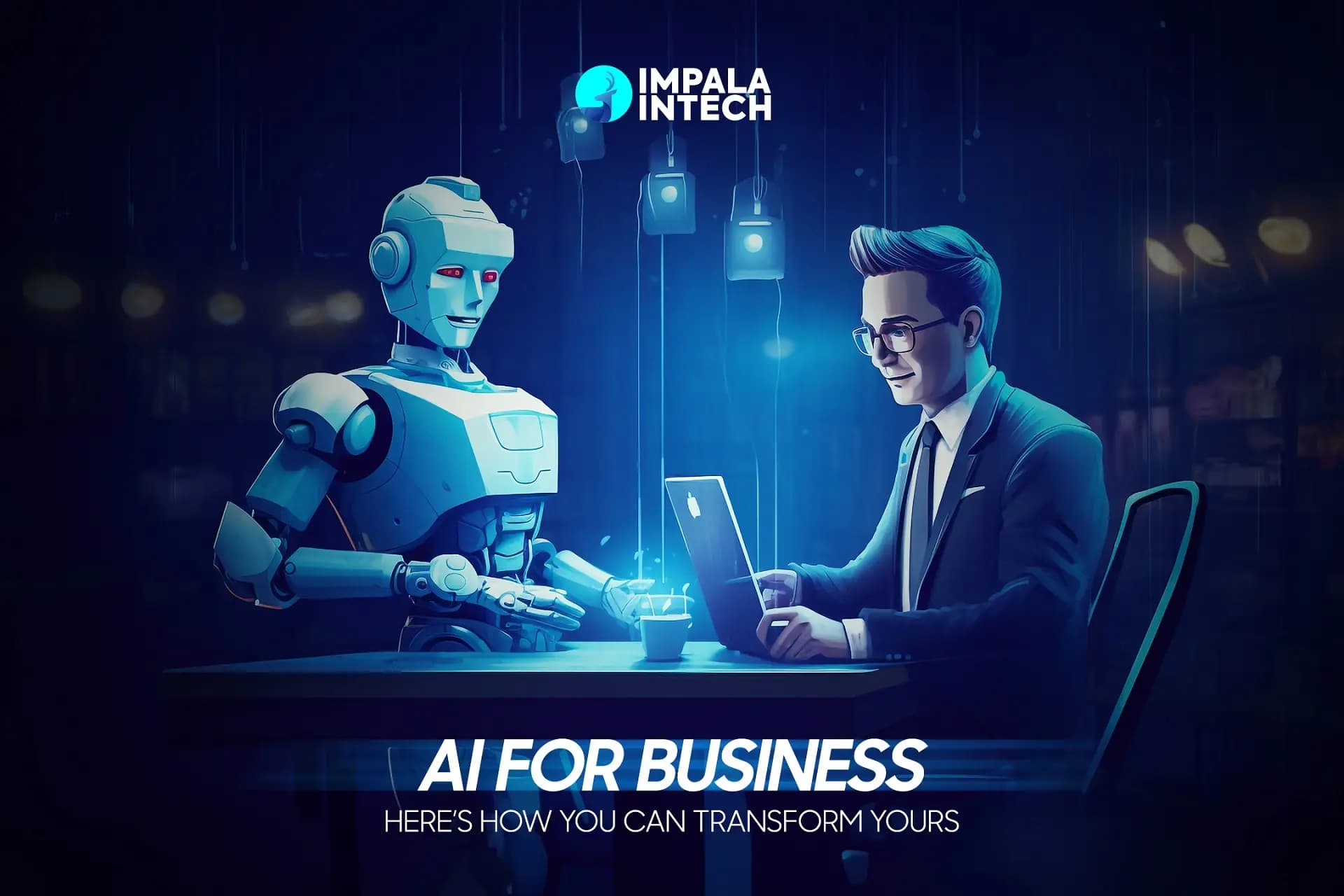New research reveals 92% of marketers report AI is fundamentally reshaping customer engagement as industry shifts toward predictive marketing systems. Learn what's driving this transformation and what it means for brands.
Predictive Marketing Systems Usher in New Era as 92% of Marketers Report AI-Driven Customer Engagement Transformation
The marketing landscape is experiencing a seismic shift as artificial intelligence moves from experimental technology to essential infrastructure. New research from advertising technology platform Smartly reveals that 92% of surveyed marketers report AI is fundamentally redefining how they connect with consumers, marking a transition toward predictive marketing systems that could reshape the entire industry.
Smartly's seventh annual Digital Trends Report, released November 5, 2025, surveyed 450 marketers across the United States, Kingdom, and Germany. The findings paint a picture of an industry rapidly embracing AI-powered solutions that don't just respond to customer behavior but anticipate it.
The Numbers Tell the Story
The data is staggering. When asked about AI's impact on customer engagement, nearly all respondents—92%—agreed that the technology is fundamentally changing how brands connect with their audiences. This isn't about incremental improvements; it's about complete transformation of marketing workflows.
The research highlights several key areas where AI is making the most significant impact:
Customer Journey Optimization
Marketers are leveraging AI to create more sophisticated customer journey maps that adapt in real-time. Instead of static funnels, brands are building dynamic pathways that evolve based on individual user behavior and preferences.
Content Personalization at Scale
AI-powered content systems are enabling brands to create personalized experiences for millions of users simultaneously. This goes beyond simple name insertion to context-aware messaging that adjusts tone, format, and timing based on individual user patterns.
Predictive Analytics Integration
The shift toward predictive marketing systems means brands are no longer asking "what happened?" but "what will happen next?" AI algorithms are analyzing vast datasets to forecast customer needs, preferences, and optimal engagement moments.
Industry Leaders Weigh In
The transition isn't happening in isolation. Marketing leaders across industries are recognizing that AI adoption isn't just about keeping up with technology—it's about survival in an increasingly competitive digital landscape.
"We're moving from reactive to proactive marketing," notes one industry analyst. "Brands that can accurately predict customer needs and behaviors before customers even recognize those needs themselves are gaining significant competitive advantages."
The Smartly report indicates that early adopters are already seeing measurable results. Companies implementing comprehensive AI-driven customer engagement systems report improvements in customer lifetime value, reduced acquisition costs, and higher conversion rates across all marketing channels.
The Technology Behind the Transformation
What makes this shift possible is the convergence of several AI technologies working in concert:
Machine Learning Algorithms
These systems continuously learn from customer interactions, improving their predictions and recommendations over time. The more data they process, the more accurate their forecasts become.
Natural Language Processing
AI systems are becoming increasingly sophisticated at understanding and generating human language, enabling more nuanced customer communications and better analysis of customer sentiment.
Computer Vision
Visual AI is helping brands analyze customer preferences through images and videos, creating new opportunities for product recommendations and content optimization.
Real-Time Data Processing
The ability to process and act on data in milliseconds allows for truly dynamic customer experiences that adapt moment by moment.
Practical Applications Changing Marketing
The theoretical potential of AI is becoming reality in marketing departments worldwide. Here are concrete ways the technology is transforming customer engagement:
Dynamic Pricing Optimization E-commerce brands are using AI to adjust pricing in real-time based on demand, inventory levels, competitor pricing, and individual customer price sensitivity.
Predictive Customer Service AI systems are identifying customers likely to need support before they reach out, enabling proactive outreach that prevents problems and builds loyalty.
Intelligent Content Distribution Marketing teams are leveraging AI to determine the optimal channel, timing, and format for each piece of content based on individual audience preferences and behaviors.
Automated Campaign Optimization Rather than waiting for campaign completion to analyze results, AI systems are making adjustments in real-time to improve performance throughout campaign duration.
Challenges and Considerations
Despite the promising developments, marketers face several challenges in implementing AI-driven customer engagement systems:
Data Privacy and Ethics
As AI systems become more sophisticated at predicting customer behavior, brands must navigate complex privacy regulations and ethical considerations about data usage.
Skills Gap
Many marketing teams lack the technical expertise needed to implement and manage sophisticated AI systems, creating demand for new types of marketing professionals.
Integration Complexity
Connecting AI systems with existing marketing technology stacks requires significant technical infrastructure and ongoing maintenance.
Budget Allocation
While AI can improve efficiency, initial implementation costs can be substantial, requiring careful budget planning and ROI justification.
What's Next for Marketers
The 92% adoption rate suggests this isn't a temporary trend but a fundamental shift in how marketing operates. Looking ahead, several developments will likely shape the future of AI-driven customer engagement:
Enhanced Predictive Capabilities
AI systems will become better at long-term customer behavior prediction, enabling brands to make strategic decisions months in advance.
Cross-Platform Integration
As AI adoption grows, we can expect better integration between different marketing platforms and channels, creating unified customer experiences across all touchpoints.
Voice and Conversational AI
The rise of voice assistants and chatbots will expand how brands engage with customers, requiring new approaches to AI-driven conversations.
Real-Time Personalization
Advancements in processing power will enable even more sophisticated real-time personalization, creating truly individualized customer experiences at scale.
The data is clear: AI-driven customer engagement isn't coming—it's here. With 92% of marketers already reporting transformation, the question isn't whether to adopt these technologies but how quickly brands can implement them effectively.
For marketing professionals, this represents both an opportunity and a challenge. Those who master AI-driven customer engagement systems will likely gain significant competitive advantages, while those who lag behind may struggle to keep pace with evolving customer expectations and behaviors.
The marketing industry stands at a crossroads where artificial intelligence isn't just an additional tool but a fundamental reimagining of how brands connect with their audiences. The brands that embrace this transformation today will likely define the marketing landscape for years to come.
Diana Martinez
Senior marketing technology analyst covering AI adoption and automation trends. With 9 years in digital transformation journalism, she helps brands navigate the evolving marketing landscape and emerging technologies.




